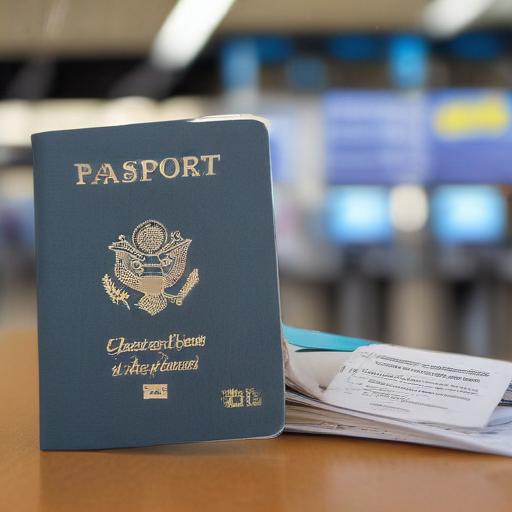The Trump administration has halted the scheduling of visa interviews for foreign students at U.S. embassies around the world as it moves towards implementing extensive social media screening for all international visa applicants. This announcement, communicated through a State Department cable, advises consular sections to pause the expansion of Visa appointment capacity for student and exchange visitor visas (F, M, and J categories) until further notice.
Reported by multiple outlets, including Politico, the order signifies a significant potential delay in visa processing for international students – a group crucial to the revenue of numerous U.S. universities, which have been criticized by Trump for harboring leftist ideologies.
The directive outlines a review of existing visa application processes, stating that guidance on “expanded social media vetting” will be forthcoming. This new vetting procedure is seen as an escalation from prior screenings that predominantly targeted students involved in pro-Palestinian demonstrations. Since March, visa officers have been mandated to conduct social media reviews, scrutinizing content for indications of support for terrorist-related activities. The new policies will broaden this scrutiny to all student visa applicants, investigating their social media interactions across platforms like Instagram, X (formerly Twitter), and TikTok for potentially threatening content.
Senator Marco Rubio mentioned that his department has revoked a significant number of visas, now “probably in the thousands,” indicating a substantial increase from over 300 earlier in the year.
With over a million foreign students in the U.S., contributing approximately $43.8 billion to the economy and supporting over 378,000 jobs for the 2023-2024 period, this visa freeze adds to the already daunting challenges faced by higher education institutions grappling with dwindling international enrollment.
In light of these developments, it is essential for the education sector and those invested in international student programs to monitor the situation closely, as changes could drastically impact both the economic contributions of foreign students and the cultural diversity on U.S. campuses. Additionally, fostering open channels of communication with policymakers may be vital in mitigating adverse effects.
